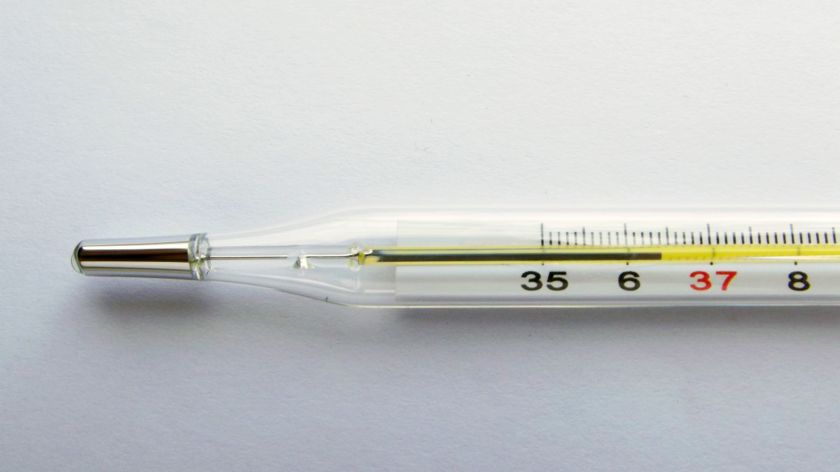Medical journals join forces to call for stricter climate regulations
-
 Foto: Pxhere (CC0)
Foto: Pxhere (CC0)
World leaders must make more of an effort to combat climate change. That was the call to action published last week in more than two hundred medical/scientific journals. Professor Marcel Olde Rikkert is one of the authors of the editorial commentary.
Olde Rikkert, professor of clinical geriatrics at Radboud university medical center is editor in chief of the Nederlands Tijdschrift voor Geneeskunde. This journal was one of the seventeen initiators of the call to action which was subsequently published by 230 medical journals. They included such prestigious journals as The Lancet, NEJM and the British Medical Journal. According to the professor, there’s a real need for doctors too to make their voices heard in the climate debate.
Shouldn’t climate scientists be making such an appeal, rather than doctors?
‘Climate change is relevant to everyone, not just climate scientists. We are seeing the negative consequences in medicine too. Every day in the treatment room. We feel it’s therefore necessary as doctors to put pressure on the politicians. Even though there’s a lot of focus on climate issues, no concrete action is being taken. We believe that the Netherlands should be climate neutral by 2045.’
What consequences are you seeing in medicine?
‘Climate change causes damage to health in all kinds of areas. Let me name four consequences. Firstly, we will have more excess mortality due to heatwaves. Those kinds of extreme weather are occurring more and more frequently. For every day a heatwave lasts, 400 more people die in the Netherlands than normally; we know this from mortality statistics. Secondly, a hotter climate brings with it poorer air quality. There is an increase in the amount of ozone and the period in which there is pollen in the air is longer too. That leads to more problems with illness, for lung patients for example, or people with allergies.
Thirdly, we’re seeing more infectious diseases, including tropical diseases never previously found here, such as the West Nile virus. And fungal infections -relatively difficult to combat – are increasing because fungi thrive better in mild winters. And lastly, there is an increase in the cases of skin cancer.’
Is this not a bit like the pot calling the kettle black? The world of healthcare is not sustainable either. Almost every gauze and syringe is separately packaged and doctors fly all over the world to attend conferences.
‘That’s true. That’s why the appeal is directed towards our own professional group. There are all sorts of ill-considered practices that could be much better. The number of disposable items and the use of plastic must decrease, as must the amount of unused medicine, worth somewhere in the region of 100 million euro a year, some of the residue of which ends up in the environment.’
Should you want to be taking such an activist stand as healthcare professionals?
‘The word activism has become a bit tainted. In fact, it’s nothing other than wanting to contribute to something, in our case people’s health, by way of an extra-parliamentary route. In that sense, this appeal follows the tradition of such famous physicians as Samuel Sarphati and Jacobus Penn. They advocated for good sewage systems for example, in the nineteenth century, to improve hygiene.
And don’t forget that doctors are already focusing a lot on prevention of illness. We’re continually pointing out the dangers of smoking and obesity. The Nederlands Tijdschrift voor Geneeskunde takes part in that too. In that sense, it’s not so strange that we are now encouraging people to eat less meat, because it’s better for both their health and the climate.’
Will people respond to your call for more climate regulations?
‘We’re talking about more than 230 medical journals, worldwide, who are unanimously publishing it right now. That will certainly be heard. There’s a UN summit this month about sustainable development goals. Then there’s a big climate summit in Glasgow in November, where world leaders will make agreements about climate regulations. My hope is that we can give them a little nudge in the right direction.’



